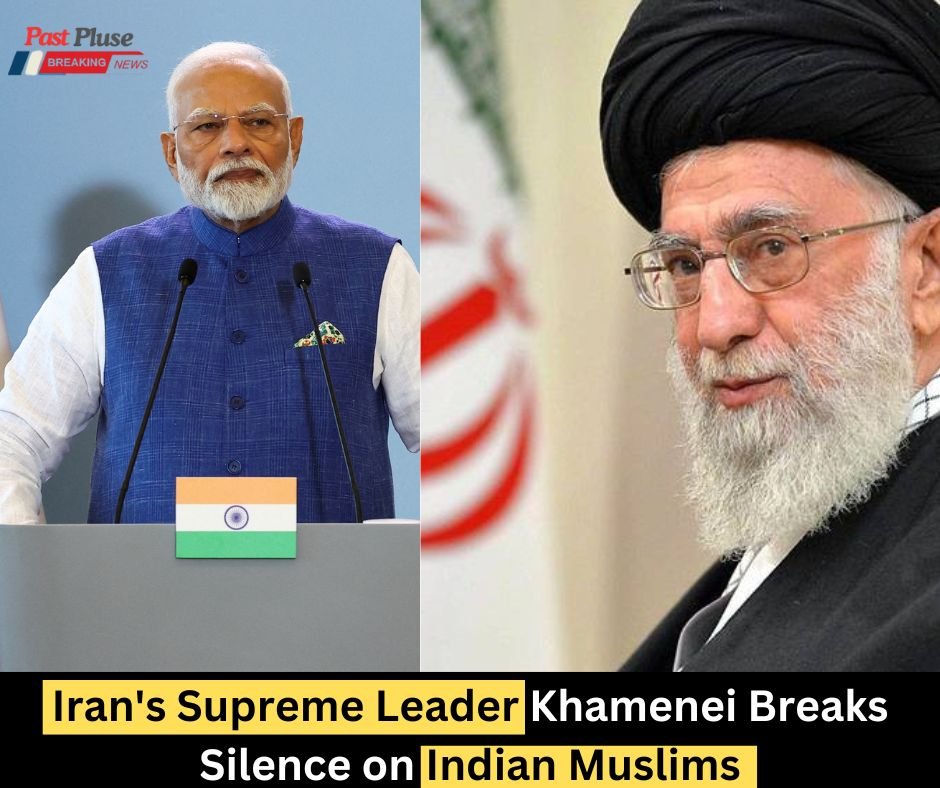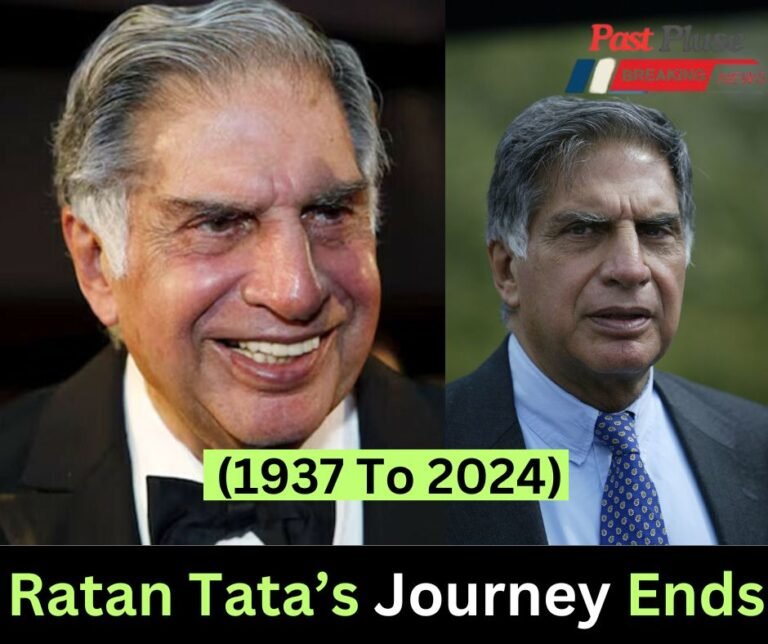
Indian Muslims
Iran’s Supreme Leader, Ayatollah Ali Khamenei, has finally broken his silence on the issue of Indian Muslims, sending ripples through the Islamic world. His remarks come at a time when the situation of Muslims in India has become a point of global discussion. The response of a key Islamic figure like Khamenei is bound to have far-reaching implications, not only for the Muslim population in India but also for the broader geopolitical landscape and the solidarity among Islamic nations.
This article delves into the deeper implications of Khamenei’s statements and the possible consequences for global Islam, Iran-India relations, and the future of Muslim solidarity across the world.
Khamenei’s Statement: A Turning Point in Global Discourse
Ayatollah Khamenei’s remarks regarding the plight of Indian Muslims come at a crucial time. The past few years have witnessed growing concerns over the treatment of Muslims in India, especially in the wake of controversial policies such as the Citizenship Amendment Act (CAA) These developments have not only affected the socio-political dynamics in India but have also drawn international criticism from various human rights organizations and Islamic leaders.
Khamenei, known for his influential position within the Shiite community and his outspoken stance on global injustices, called for the Indian government to address the concerns of Muslims and take steps to ensure their rights. This statement is not just a message to the Indian administration but also an alert to the global Muslim community. The Supreme Leader of Iran positioning himself on the issue elevates it from a regional concern to a matter of global Islamic solidarity.
Why Khamenei’s Silence was Significant
For years, Khamenei had refrained from commenting directly on the condition of Muslims in India. Given Iran’s strategic and economic ties with India, many speculated that the Supreme Leader’s reluctance to speak on the matter stemmed from a desire to maintain diplomatic relations. India is an important partner for Iran, especially with regard to oil trade and the Chabahar port, a crucial infrastructure project that serves as Iran’s gateway to Afghanistan and Central Asia.
Khamenei’s eventual decision to speak up suggests that the situation has reached a tipping point. His comments reflect growing dissatisfaction among the Islamic leadership regarding India’s domestic policies affecting its Muslim population. This change in tone marks a significant shift and raises questions about whether Khamenei’s remarks will strain Iran-India relations or push the Indian government towards addressing Muslim grievances.
The Political and
Impact on Iran-India Relations
Iran and India have shared a complex relationship over the years, balancing between economic interests and differing political ideologies. Iran views itself as a defender of the Muslim world, particularly Shiites, while India has a secular but majority-Hindu population. Despite these differences, the two countries have maintained strong ties, particularly in trade and energy sectors.
However, Khamenei’s latest statement could put these ties under strain. India, which has worked hard to establish a strong partnership with Iran despite U.S. sanctions, may now find itself under scrutiny from not just Iran but also from other Islamic nations. The message from Khamenei may be viewed as a call to Muslim countries to reassess their ties with India based on its treatment of Muslims.
Diplomatic tension may arise if India perceives Khamenei’s comments as undue interference in its internal affairs. Yet, it is possible that Iran may use this moment to push for greater dialogue on protecting minority rights in India, without undermining its broader strategic interests.
Influence on the Islamic World’s View of India
Khamenei’s voice, as a powerful leader of one of the region’s most influential Islamic countries, adds weight to these criticisms. His statement could reignite debates within the Islamic world about how to approach India diplomatically.
Islamic countries like Saudi Arabia, Pakistan, and Turkey have already voiced concerns over the treatment of Muslims in India, particularly in Kashmir. With Khamenei now joining this chorus, it may prompt a more unified stance among Islamic nations. A coalition of Islamic leaders calling for reform could create significant international pressure on India, urging it to revisit policies that are viewed as discriminatory.
Implications for Indian Muslims
For the Muslim population in India, especially in states like Uttar Pradesh, Assam, and Kashmir, Khamenei’s comments serve as a powerful acknowledgment of their struggles. Indian Muslims, who form a significant minority, have faced increasing social and political challenges. From mob lynchings linked to religious tensions to institutional discrimination and legal challenges, Indian Muslims have seen their rights and freedoms come under threat in recent years.
Khamenei’s support may galvanize efforts within India and the broader Islamic world to push for greater protections of Muslim rights. It could also lead to increased activism and legal challenges aimed at overturning discriminatory laws and policies. For Indian Muslims, the recognition of their plight by a major global Islamic leader may offer renewed hope and momentum for change.
Global Muslim Solidarity and Its Repercussions
The statement by Khamenei could serve as a rallying point for global Muslim solidarity. His words have the potential to unite different Muslim factions across the world, creating a stronger platform to advocate for the rights of Muslims, not just in India, but globally. This could reignite pan-Islamic movements and provide a new focus for international Muslim organizations to push for human rights and religious freedoms.
On a broader scale, Khamenei’s statement could impact the balance of power within the Islamic world itself. Leaders from Sunni-dominated nations such as Saudi Arabia or Turkey might seek to align themselves with the cause of Indian Muslims, positioning themselves as defenders of Islamic values. This could potentially lead to new alliances or realignments among Muslim-majority nations.
Also Read More>..
Arjun Tendulkar Stuns with 9/87 in 26.3 Overs: A Bowling Masterclass!




